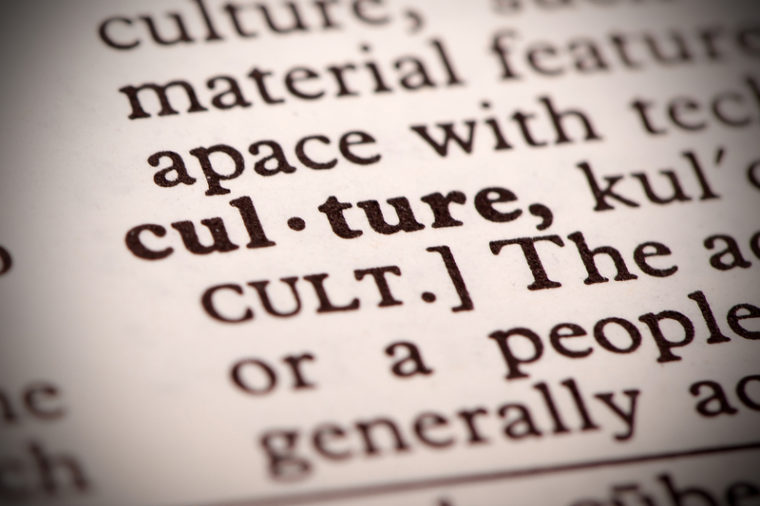
For decades American K through 12 students have done poorly on standardized global academic tests compared to students from other countries. Although American students have recently done better in the global rankings, Americans are still not close to the top. This has been seen as a failure of the American public education system and numerous attempts have been made at improvement.
From No Child Left Behind to Every Child Succeeds to all other reform attempts, the focus has been on the schools themselves, the curricula, the teachers, the administrators. The underlying assumption of reform attempts is that there is something fundamentally wrong with how our children are educated.
However, the source of the problem primarily lies outside of the schools. A cause of our educational failure stems from the American entertainment culture: movies, TV, social media, gaming, sports spectating, and, popular music, particularly rock music.
Every American generation, from Baby Boomers to Gen Z, has grown up surrounded by a pervasive musical genre: rock. A linguistic usage that reflects many of the themes of rock is this: in every rock song where the word ‘isn’t’ could be used, the word ‘ain’t’ is used instead. This language misuse is symbolic of many of the common themes of rock lyrics. Rock lyrics are frequently anti-school, anti-education, anti-learning. anti-work, and fundamentally anti-authority. Instead rock lyrics are pro-partying, pro-alcohol and recreational drug use, pro-sexual promiscuity.
In rock lyrics school, education and learning are bemoaned as wastes of time, primarily because they interfere with partying. Many rock song lyrics are explicitly anti-school; for example, the famous line from a classic Pink Floyd song: “We don’t need no education”. School is conceptualized as a form of prison-like enslavement imposed by older people to control the young.
Work, like school, is seen as a form of enslavement. From the rock perspective the only reason to work is to get money to party. People cannot possibly get any intrinsic satisfaction from work; work can never be enjoyable. Work is never extolled as a form of service to others, or as a method of self-improvement and discipline. Rock radio stations constantly imply that work is a five-day prison sentence that must be endured to get to weekend partying.
Listening to music is a form of entertainment, and all entertainment is about relaxing, not working, not learning, not making any kind of effort. Relaxation is an essential component in a balanced life, as a useful counter to learning, working and overcoming challenges. Unfortunately our culture increasingly promotes entertainment as a nonstop virtue, to be indulged in perpetuity. In this cultural reality entertainment is no longer a balance to work; it replaces work.
Popular music and many other entertainment genres are focused on the young, and youthful indulgences might be thought of as innocent fun, because the indulgences of youth can be given up as we become responsible adults. To a certain extent this is true, since very few adults end up living an extreme rock and roll lifestyle! However, the attitudes and habits formed in youth tend to carry over into adulthood.
Becoming a responsible adult in an indulgent society like ours is not easy. None of the popular entertainment options promote the virtues of moderation, work, responsible childrearing, and service to others. To become a responsible adult a person must go against the tide of bad choices encouraged by our entertainment-first culture.
The negative consequences of overly focusing on entertainment go beyond the failure of American children to do well on global standardized tests. The focus on entertainment has infected American culture overall and the negative consequences are widespread. Entertainment is about indulging in pleasure. If this is our chief cultural focus on it is hard to imagine that current Americans could make the level of sacrifice made by previous American generations.
ID 39550671 | Culture ©
Marco Scisetti | Dreamstime.com
















